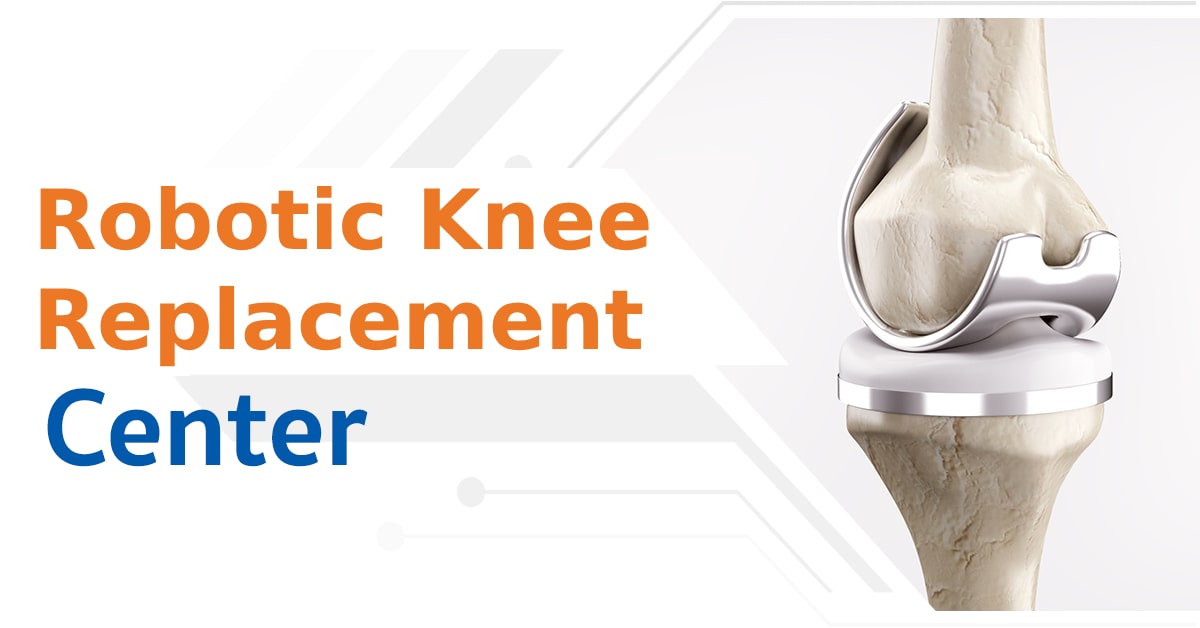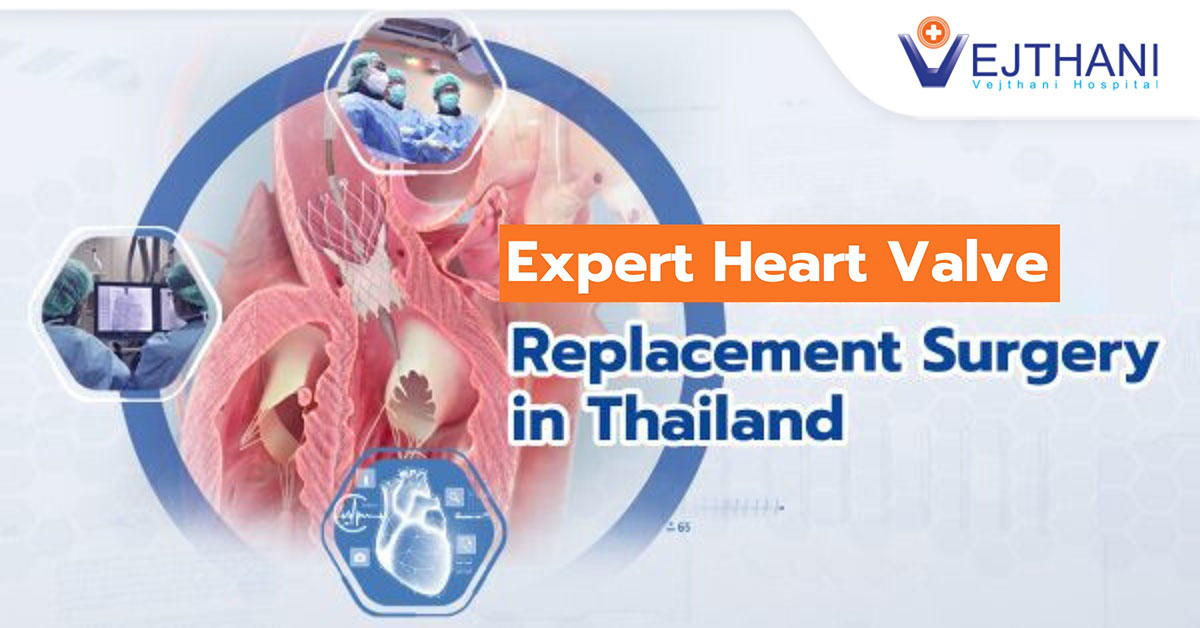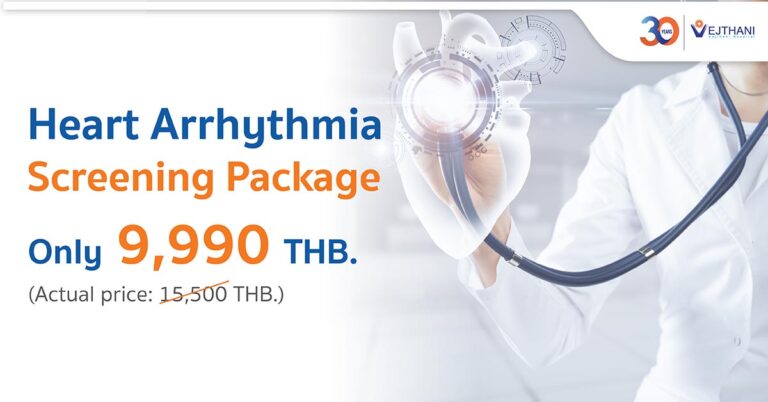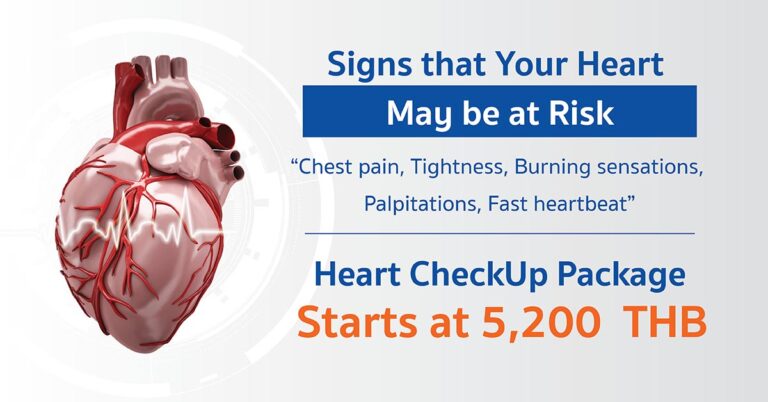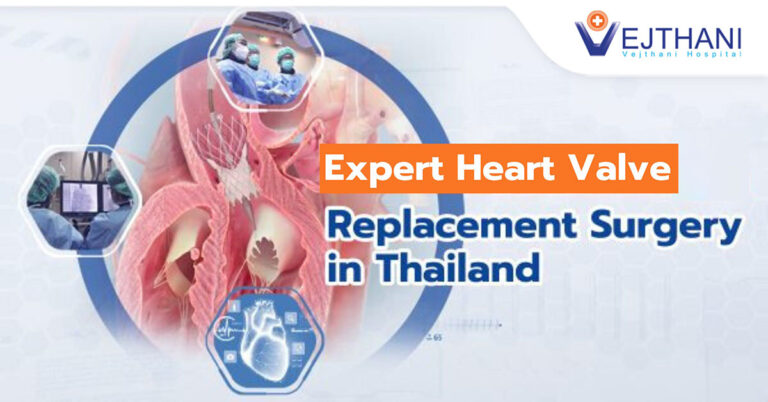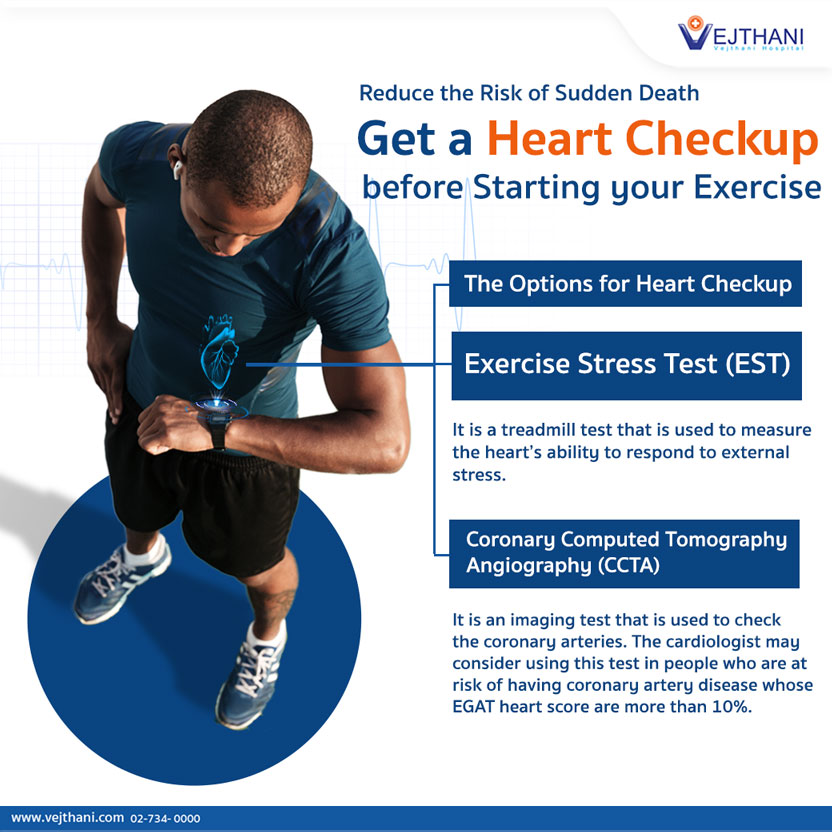

Over 50% of the runners or athletes who have experienced a heart attack or whose heart has suddenly skipped a beat did not know that they have a hidden heart disease. Therefore, undergoing a regular heart checkup to check the narrowing or blockage of the coronary arteries is a must because coronary artery disease is one of the most common cause of sudden death, especially in people who are fond of high-intensity exercise.
The following are the options for heart checkup:
- Exercise Stress Test (EST): It is a treadmill test that is used to measure the heart’s ability to respond to external stress. However, if there is just a little bit of narrowing or blockage of the coronary arteries and the blood flow is still good, the test cannot detect the abnormality.
- Coronary Computed Tomography Angiography (CCTA): It is an imaging test that is used to check the coronary arteries. The cardiologist may consider using this test in people who are at risk of having coronary artery disease whose EGAT heart score are more than 10% or have a family history of coronary artery disease or have high levels of fat in their blood; and the people who are fond of high-intensity exercise.
For people who are high risk of having coronary artery disease, the cardiologist may consider ordering more tests as follow:
- Coronary artery calcium scoring: It is a test that uses a CT scan to calculate the risk of coronary artery disease by measuring the amount of calcified plaque in the coronary arteries. If the result shows the score at over 400, it means that the patient has a chance to have coronary artery disease within 2 – 5 years in the future.
- Cardiac Catheterization Angiography (CAG): It is a minimally invasive imaging procedure that inserts a catheter into the blood vessel, and then injects the radiopaque contrast agent into the coronary arteries which checks the narrowing or blockage. Basically, the cardiologist will perform the stent and balloon angioplasty as soon as the narrowed coronary arteries were detected.
- Readers Rating
- Rated 4.8 stars
4.8 / 5 ( Reviewers) - Spectacular
- Your Rating











